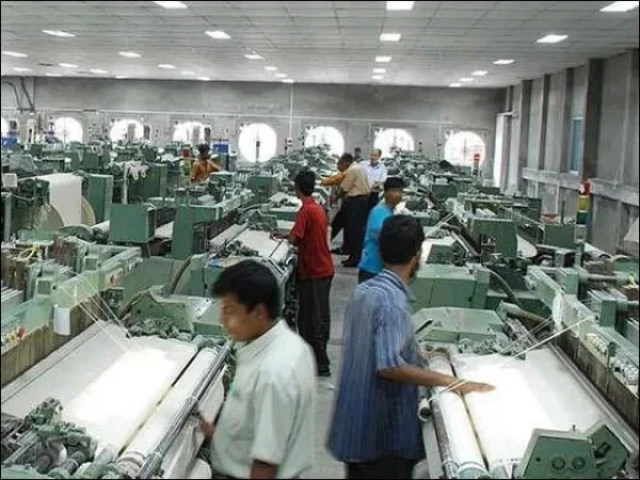ISLAMABAD ( WNAM REPORT ): The Pakistan Textile Council (PTC) has expressed deep concern over decline in merchandise exports by 3.83 per cent in the first quarter of FY26, raising red flags for the country’s economic outlook. According to the Pakistan Bureau of Statistics, total export proceeds stood at $7.61 billion during July–September, down from $7.91bn in the same period last year. September alone saw exports drop 11.71pc year-on-year to $2.51bn, marking the fifth month of contraction in the last six.
This continued decline in exports comes at a time when Pakistan is also facing a widening trade deficit, which rose to $9.37bn in the first quarter, up from $7.05bn last year. Imports surged by 13.49pc, compounding the pressure on external accounts. The textile sector – Pakistan’s largest export engine – is bearing the brunt of both subdued global demand and rising domestic costs.
Closures Underscore Cost Crisis
Against this backdrop, a series of industrial closures and multinational exits highlight the depth of Pakistan’s competitiveness crisis. Gul Ahmed Textile Mills Limited recently announced the closure of its export apparel segment, citing sustained losses from high input costs, shifting taxation, and stiff regional competition. The apparel segment is highly labor-intensive, employing thousands, and its closure is a stark warning of the pressures driving even market leaders to scale back.
The crisis is not confined to textiles. In recent months, global players such as Procter & Gamble, Microsoft, Shell, Total Energies, Pfizer, Sanofi, and Careem have either exited or significantly reduced operations in Pakistan. While some moves were part of global restructuring, the common denominator across industries has been policy unpredictability, uncompetitive energy prices, high taxation, and regulatory bottlenecks.
“These developments are a wake-up call,” said PTC Chairman Mr. Fawad Anwar. “They are symptoms of deeper structural issues – Pakistan’s cost of doing business is simply becoming unbearable.”
PTC’s Long-Standing Proposals
The Pakistan Textile Council has repeatedly urged the government to take urgent corrective steps to restore competitiveness:
1. Alignment of wage and labor policies with competitor economies to restore cost competitiveness
2. Regionally competitive and predictable energy (RLNG & Electricity) pricing for export industries.
3. Tax reforms, including automated 72-hour refunds and zero-rating of input under the Export Facilitation Scheme.
4. Financing facilitation, including strengthening EXIM Bank and expanding Export Finance (EFS) and Long-Term Financing Facilities (LTFF).
5. Policy stability, monitored transparently with monthly KPIs
Consequences of Inaction
“If urgent corrective measures are not taken, Pakistan risks further closures of export-oriented units and reduced foreign investment,” warned the PTC Chairman. “This will not only mean job losses and industrial shutdowns, but also a sharp decline in Pakistan’s foreign exchange earnings at a time when the country cannot afford such shocks.”
PTC Chairman emphasized that PTC’s proposals are not demands for subsidies but calls for a level playing field so that Pakistan’s industries can compete with regional peers such as Bangladesh, Vietnam, and India, where supportive policies and lower costs continue to attract investment and expand exports.
“The writing is on the wall. Unless the government recalibrates its approach on energy, taxation, and policy stability, Pakistan will see more closures in both textile and non-textile sectors. The time to act is now.”
87


